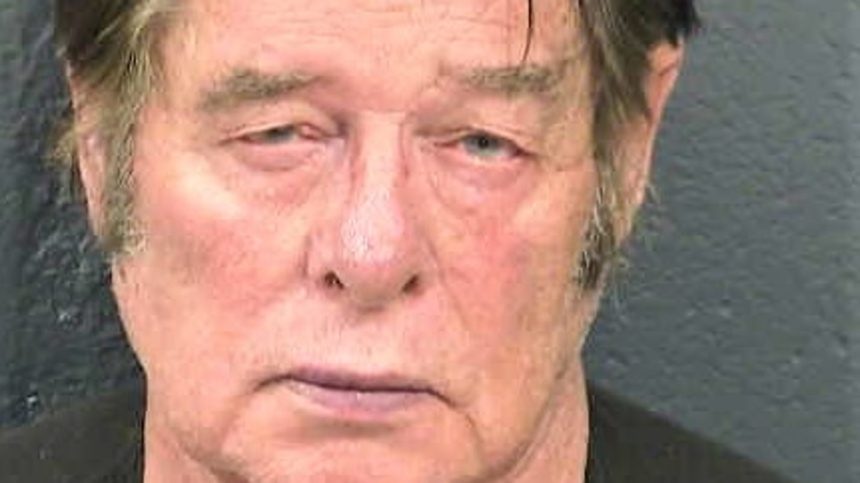Former Sunland Park border militia leader pleads guilty to federal weapons charges

ALBUQUERQUE, New Mexico -- The leader of an armed civilian group that had been stopping undocumented migrants at the U.S.-Mexico border in early 2019 pleaded guilty to federal weapons charges on Thursday.
Larry Hopkins, 70, was arrested last April by the FBI in Sunland Park and charged in federal court with being a felon in possession of firearms and ammunition.
He entered the guilty plea in federal court in Albuquerque in a deal with prosecutors that came just days before his trial was scheduled to begin next Monday.
The guilty plea, however, does not carry a sentencing agreement, according to Kelly O’Connell, Hopkins’ defense attorney. Hopkins could face up to a decade in prison when he's sentenced in the next few months, prosecutors said.
“He had agreed that he was guilty of it and felon in processing is a pretty easy crime to prove,” O’Connell said.
The U.S. Attorney's Office in New Mexico said Hopkins admitted to having nine firearms and possessing ammunition in November 2017 in San Juan County. Hopkins also has previous felony convictions in multiple states that included illegal weapons possession and impersonating a peace officer, authorities said.
Hopkins, who also went by the name Johnny Horton Jr., had been leading a camouflaged group calling themselves the United Constitutional Patriots at the border in Sunland Park. The group, which has since disbanded, claimed they were armed for their own protection.
Hopkins himself repeatedly said he did not have weapons on him, but O’Connell said the felon does not have to be the owner of the gun -- just simply being actively surrounded by weapons is enough to be charged and found guilty.
O’Connell said Hopkins also decided to plead guilty in order to care for his health, as Hopkins had been physically attacked by other inmates while in custody in southern New Mexico and also suffered a head injury after a fall in Albuquerque.
O’Connell said yet another reason Hopkins pleaded guilty was because he “felt like he had made his point” after his group spent months stopping undocumented migrants and turning them over to U.S. Border Patrol.
